


Using Ex-ante Pledges to Reduce Dishonesty and Improve Regulation
Written By: Dr. Eyal Pe'er, Prof. Yuval Feldman, Omer Selivansky Eden, Daphna Aviram-Nitzan
Reducing the regulatory burden is a key objective for many government ministries -but how can this be achieved while maintaining honest and ethical behaviour
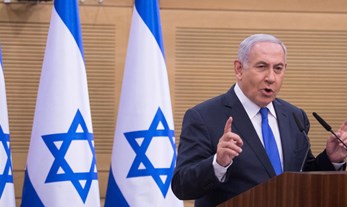
Justice in the Courtroom, Not in the Streets
Written By: Prof. Yedidia Z. Stern
Our level-headed, intelligent, rational prime minister has lost his good judgment and is inciting against some of the most important institutions of state

After Indictment - 59% of Israelis Think Netanyahu Should Step Aside
Written By: Prof. Tamar Hermann, Dr. Or Anabi
The November 2019 Israeli Voice Index finds that 35% of Israelis think PM Netanyahu should resign and stand trial – of the Likud voters - 37% agree
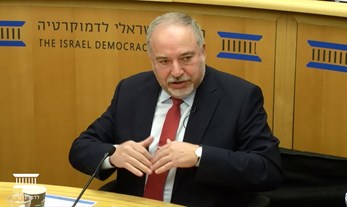
MK Liberman: " If third elections are held the outcome will be different"
MK Avigdor Liberman at IDI Annual Conference on Security and Democracy: "I fully trust the security forces know how to deal with threats in a professional manner uninfluenced by outside biases"
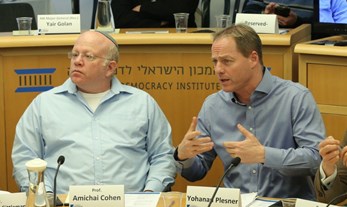
Preserving the Value of the "People's Army"
Yohanan Plesner opened the annual Security and Democracy conference saying: "Our challenge is to preserve the value of mamlahtiut (stateliness) in the 'people's army', especially in a polarized country like Israel."

We Need to Talk about Cameras Right Now
Written By: Dr. Tehilla Shwartz Altshuler
They are everywhere, argued the PM after pushing to install them in polling stations. He's right, and that's exactly the problem
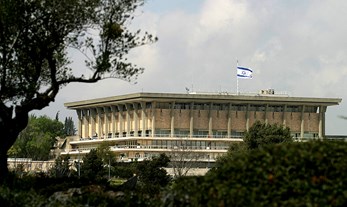
Do Not Turn the Knesset into a Sanctuary from the Law
IDI experts issue a statement calling for the Knesset to form a special House Committee to debate immunity

Statement by IDI on the Attorney General's Announcement
As events unfold, IDI puts out a statement on the Attorney General's breaking announcement to indict Prime Minister Netanayhau

Some are Guilty, but All Are Responsible
Written By: Dr. Nasreen Haddad Haj-Yahya
When the PM smeared Arab Knesset members, those 'allies' who urged us to go and vote had a responsibility to protest. They didn't.
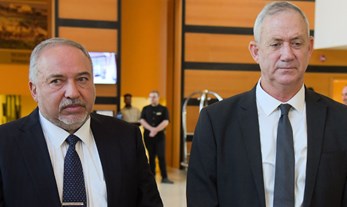
Are we Headed for Another Historic First?
Written By: Prof. Ofer Kenig, Dr. Assaf Shapira
Tomorrow, Gantz's mandate to form a government will end, and we are expected to enter an unparalleled stage in Israel - 21 days, during which a majority of Knesset members, at least 61, are allowed to ask the president to assign the mandate to anyone of the 120 MKs.

Israel's Real Minority Government
Written By: Dr. Amir Fuchs
The rhetoric accompanying the attempts to delegitimize a “minority government” is questionable. The current transitional government is supported only by 55 Knesset members, with 65 opposing it. If any government deserves the moniker ‘minority government,’ it is the one currently in office.
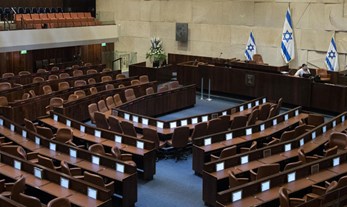
A Minority Government in Israel?
Written By: Dr. Assaf Shapira
The final results of the third election are in and Israel is in very much the same stalemate position as the previous two rounds - is a minority government the solution?
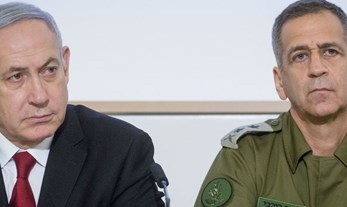
Who is Authorized to Decide on Military Actions that May Spark a Wider Conflict?
Written By: Colonel (Res.) Dr. Liron A. Libman
There is a vagueness about the authority to make fateful decisions for the country, including what even counts as war.
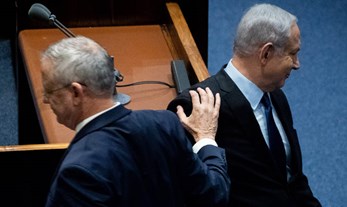
Can a Minority Government End the Deadlock in Israel?
Written By: Dr. Assaf Shapira
Assaf Shapira argues that if the choice is between a minority government and another round of elections, the former is the better option.
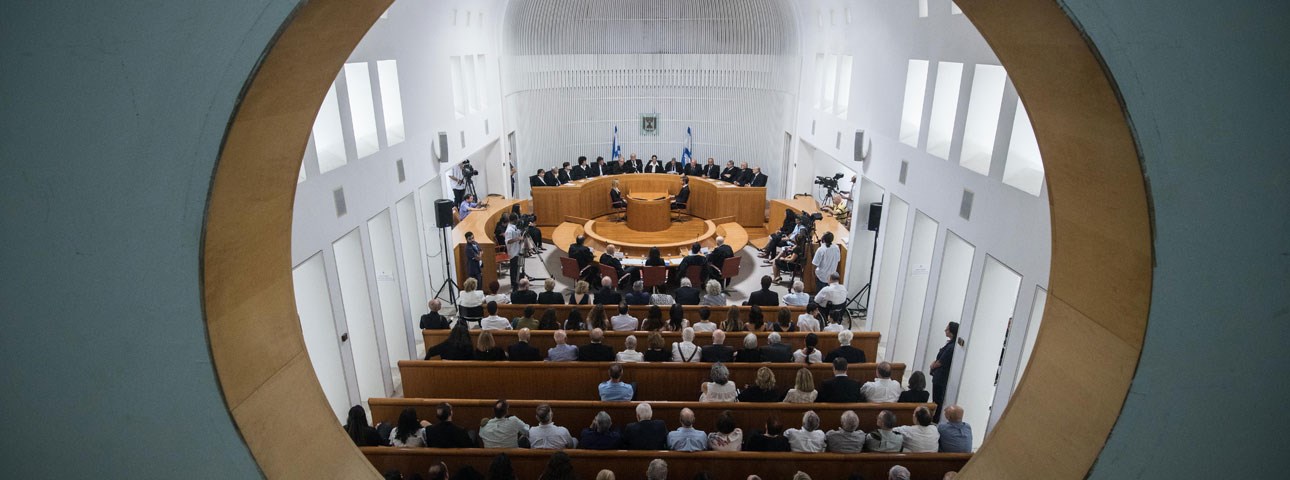
Assault on Israel's Judicial System: The Angel of History is Watching Us
Written By: Prof. Yedidia Z. Stern
Justice Minister Amir Ohana,has launched a fierce attack against the State Attorney’s Office. The Prime Minister who appointed him would be wise to remember that the angel of history is peeking over his shoulder.

What Really Lies behind the Rabbis’ Directive on Modesty?
Written By: Dr. Idit Shafran Gittleman
What really lies behind the most recent rabbinical directive on modesty in the IDF - and how does it pits religious soldiers against IDF's core values to the extent of risking insubordination.

The Coming Capitalist Revolution
Written By: Prof. Yedidia Z. Stern
Profit remains the ultimate objective, but the focus should be on profit for all those with a stake in a company, and not just its shareholders
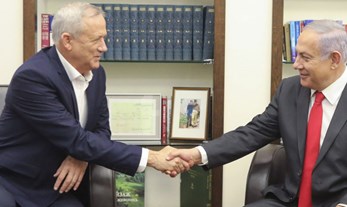
Majority of Israelis Support their Parties Joining a Blue and White Coalition
Written By: Prof. Tamar Hermann, Dr. Or Anabi
October 2019 Israeli Voice Index revealed a decline in Israelis’ assessment of President Trump’s commitment to Israel’s security. The survey also found that 62% of Israelis support the parties they voted for in the last elections joining a Blue and White led coalition.

The Golem Turns on its Creator
Written By: Yair Sheleg
As a rule, it is not just their extremist ideology that has sent them to camp on the hilltops, but also the alternative they have chosen to replace the staid, bourgeois life they left behind.
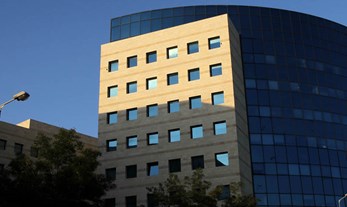
Ease of Doing Business 2020 Index
In response to the Ease of Doing Business 2020 index that was published this morning, Daphna Aviram-Nitzan, director of the Center for Governance and Economics at the Israel Democracy Institute, who leads the regulation reduction project at the Institute, commented on Israel moving up 14 slots to the 35th place after 5 points improvement last year.
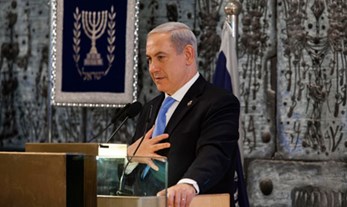
Netanyahu's Future
Written By: Dr. William Cubbison
Benjamin Netanyahu's legal problems are at the center of the current political quagmire. So what do Israelis think about the legal situation and what are the possible resolutions?

Despite The Election Tumult, Israeli Democracy Dodged A Bullet
Written By: Yohanan Plesner
Coalition negotiations continue and Israel does not yet have a government - but one thing is certain - Israeli democracy dodged a bullet.
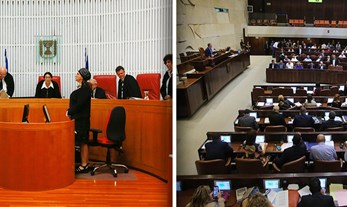
The Rule of Law: The Attack on the Principle of “All are Subject to the Law” in Israel
Written By: Dr. Amir Fuchs
Like all democracies, the principle of the "Rule of Law" exits in Israel. In recent years, there have been quite a few attempts to overcome this tenant, potentially causing long-lasting damage to public confidence in the justice system. Dr. Fuchs explains.

Ultra-Orthodox Service in the IDF: An Ongoing Struggle
Written By: Dr. Gilad Malach
The tension between the "military service for all" and "exemption for all" represents the tradeoff between the quest for equality and the existing political-social reality.
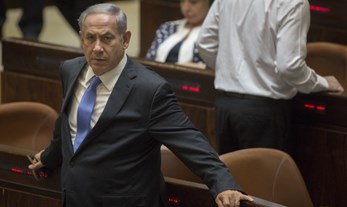
Majority of Israelis Think Netanyahu Should Resign
After Netanyahu returns mandate to the President: Most Israelis support a system based on 2 large parties and a Netanyahu-Gantz rotation for the position of prime minister. 53.5% of Israelis think Netanyahu should resign immediately, while almost half (47%) of right-wing voters believe that Netanyahu should resign if indicted.
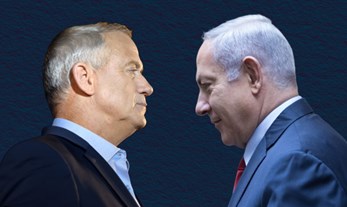
Benjamin Netanyahu Fails to Form a Government – What Happens Next?
Written By: Yohanan Plesner
While we cannot know for sure if Benny Gantz will succeed where Benjamin Netanyahu has failed, we can state with certainty that our political system of the past year has been characterized by deadlock, and this is not expected to end in the near future.
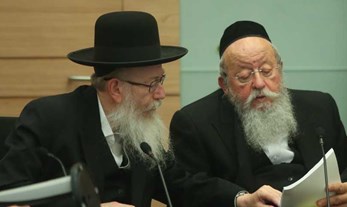
A Pyrrhic Victory
Written By: Dr. Gilad Malach
The results speak for themselves. Shas, headed by Arye Deri, registered a resounding success with traditional voters. But is this a long term victory?

A Mutual Defense Treaty With the United States—A Complicated Proposition for Israel
Written By: Colonel (Res.) Dr. Liron A. Libman
Supporters and opponents argue the pros and cons of such a deal but instead of asking whether a mutual defense treaty would be good or bad for Israel, it would be better to focus on the specific elements of such a treaty.
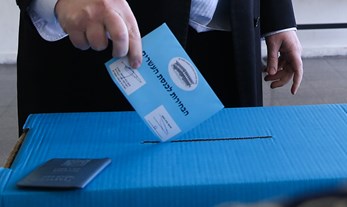
Did the September Election Solve Anything?
Written By: Dr. William Cubbison
The failure to form a government in April and the subsequent second election surprised Israelis. Now, they might need to go to the polls for a third election in early 2020. What do Israelis think about this unprecedented political reality?
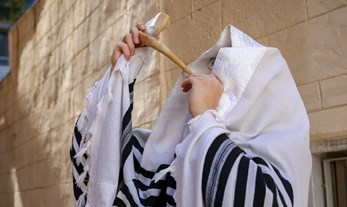
60% of Jewish Israelis Plan to Fast on Yom Kippur
With Yom Kippur (the Day of Attornment) upon us, our Guttman Center for Public Opinion and Policy Research checked how Israelis plan on marking the most solemn day in the Jewish calendar.

